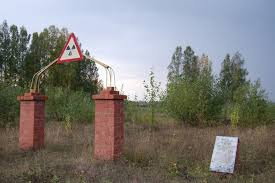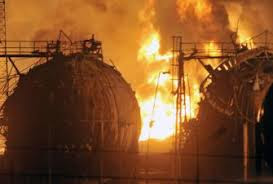Soviet nuclear disasters: Kyshtym

The 1986 meltdown of reactor number 4 at the Chernobyl Nuclear Power Plant was the greatest nuclear disaster the world has yet seen. Less well known is the Kyshtym disaster in 1957, which resulted in a massive release of radioactive material in the Eastern Ural region of the Soviet Union. This was a catastrophic underground explosion at a nuclear storage facility near the Mayak power plant in the Eastern Ural region of the USSR. Information about the disaster was tightly restricted by Soviet authorities, with predictably bad consequences. Zhores Medvedev was one of the first qualified scientists to provide information and hypotheses about the Kyshtym disaster. His book Nuclear Disaster in the Urals was written while he was in exile in Great Britain and appeared in 1980. It is fascinating to learn that his reasoning is based on his study of ecological, biological, and environmental research done by Soviet scientists between 1957 and 1980. Medvedev was able to piece together the extent ...



